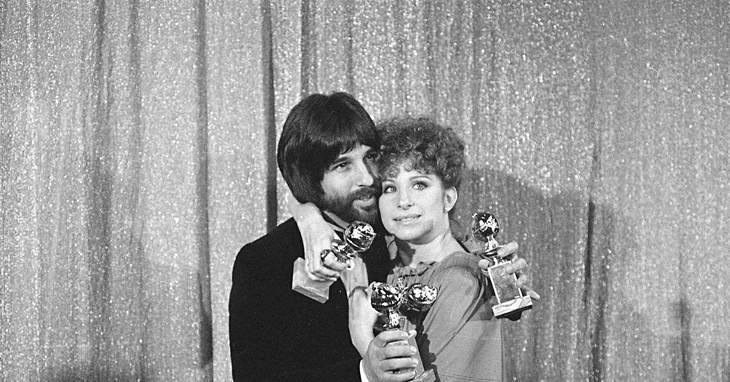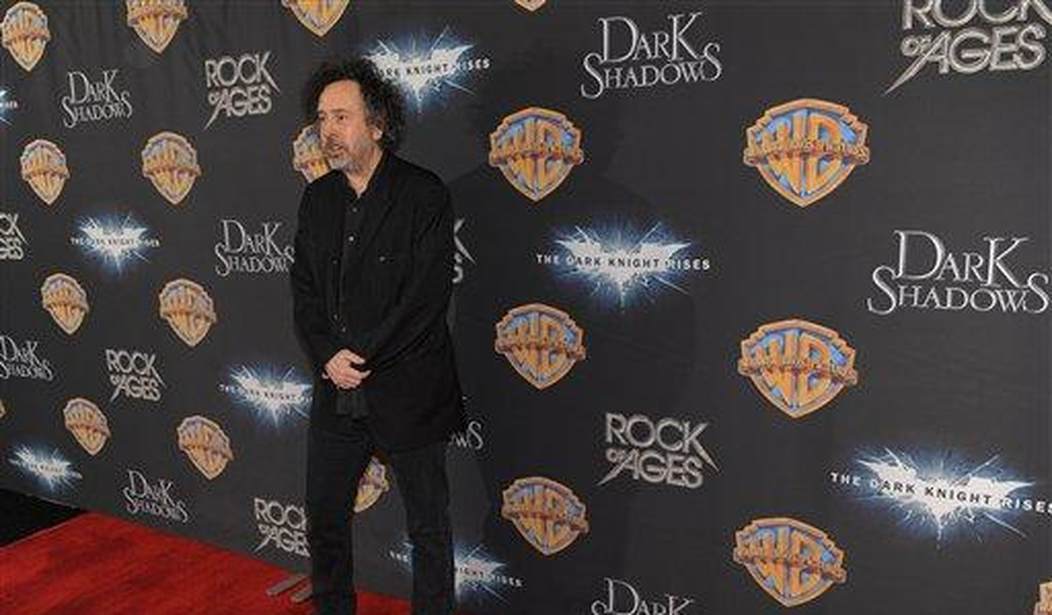Warner Brothers studio plans to honor itself by altering the films that helped it thrive for 100 years.
No matter your opinion of Warner Brothers as a studio or the output of its entertainment content, the fact that a Hollywood studio could not only exist for 100 years but remain a major player is remarkable. The only comparable peer you can find is MGM Studios, which has languished for decades through numerous bankruptcies and was recently purchased by Amazon. Warners has remained a major studio for generations.
In celebration of its centennial, Warners has announced a new initiative it will embark on this summer to honor its history. Wait — “honor” is not the word to use here. The studio seems intent, instead, on bastardizing its cherished titles from the past century. This is not solely an attempt to remake these classic titles; the studio is intentionally looking to completely recast a clutch of films with modern woke sensibilities.
If only this were a joke. Warner Brothers is intentionally going to remake a number of notable titles in short-film format, with all manner of politically correct casting, filming, and even altering of the content of these classics. The films include revered titles like “Rebel Without a Cause,” “A Star Is Born,” and “The Adventures of Robin Hood,” along with others. That they are intentionally going to recast these films in a contemporary woke mindset is developed from the very start.
In celebration of the 100th anniversary of Warner Bros. Studios, the Warner Bros. Discovery’s Diversity, Equity and Inclusion team today unveiled plans for a short film series that reimagines the Studio’s iconic films through a diverse and inclusive lens. Six filmmakers have been selected to develop and shoot 20-minute short film adaptions bringing a modern lens to the classic Warner Bros. titles, with representative casting, storytelling and narrative.
The effort to incorporate and encourage a new batch of filmmakers from minority groups is itself a noble cause. Hollywood — while lecturing the country on supposed racial crimes — has long been problematic in its own level of inclusiveness. Note how every year they have to tout when a new minority is recognized at the Oscars, ignorant of the fact that it is an admission that for decades they had failed to properly recognize said group. Hispanics and Asians are particularly given the short shrift, so gathering more in is a good sign.
The problem with this is the methodology. The first issue is in wanting to alter the studio’s own history. Why not give these voices more creativity and allow them to craft their own stories? You could have a broader range of new talent involved by bringing in writers and other creators with original content for this effort.

But the biggest problem is plugging this through the Diversity, Equity, and Inclusion filter embedded in the system. All of the filmmakers for this project “were selected by DEI industry veterans, including WBD’s Senior Vice President of DEI in North America.” That migraine-inducing sentence explains so much wrong with this industry. That there even exists people who could be described as “veterans” in the practice of DEI is bad enough. Now you also get the sense of the layers of this pernicious mindset put into place when you have regional offices, staffed with layers of executives dedicated to DEI compliance and content creation. It is enough to inspire writing a dystopian film script.
“We’re absolutely thrilled to work with WBD’s Diversity, Equity and Inclusion team to expand opportunities for a broader range of talent to realize their dreams at Warner Bros.,” said Mike De Luca and Pam Abdy, Co-Chairs & CEOs, Warner Bros. Pictures Group. “We can’t think of a better way to celebrate this Studio’s 100-year legacy than investing in the next generation of great storytellers.
Really? You could not think of a better way than this?! I guess that says it all. They want to invest in the next generation — by making them look back and remake movies that are decades old. And how eager are you to see great storytellers when you are having them work on existing stories? The next century of Woker Brothers is not shaping up to be worth watching.















Join the conversation as a VIP Member